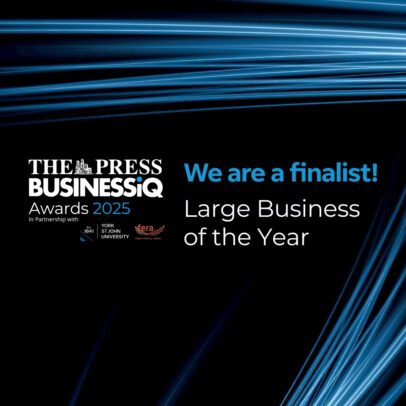What due diligence is – and what it isn’t
Financial due diligence may used by lenders, purchasers or anyone wishing to investigate a business before they invest in it or commit to a process, for example a joint venture.
It includes reviewing certain information which are pertinent to the success of the transaction – both financial data and non-financial data.
The process doesn’t provide a report which says the figures are ‘right’, as this would take a substantial amount of time which would cost an inordinate amount in fees! So instead, the team, together with the client, identify which are the biggest risks and where the investigation needs to be focused.
There is no ‘one size fits all’ methodology and the scope is agreed on a case by case basis.
Why is it important?
Experience shows that the outcome of due diligence investigation generally makes a substantial difference to the proposed deal.
Around 40% of the time the deal needs to be restructured, after finding certain realities in the company. Around 40% of the time the deal is no longer viable, and the other party wishes to abandon it. Which leaves only around 20% where, following completion of due diligence, there is no change to the previously agreed ‘Heads of Terms’.
Due diligence can reveal hidden liabilities, unreasonable projections, overvalued assets, or even a worrying potential HMRC or legal issue. It can also identify areas where warranties or indemnities will be required and this can inform the solicitors preparing the subsequent legal documentation.
It can also provide many areas of information which will be incredibly useful for integration planning, which can save huge amounts of time post-completion.
What are some of the most pertinent points to consider in the current market?
There are certain issues which are becoming more important in transactions. These may include:
- ESG reporting (Environmental, Social and Governance) may have particular significance for your sector
- Cash flow resilience is also key. For example, can the business tolerate any more supply chain shocks and have access to sufficient working capital? Does it have a good credit score and strong management controls to measure risk?
- Disaster recovery planning is becoming more important with weather extremes, technological advances and economic volatility – for example, does the company have reliance on a particular supplier or logistics partner and what if they couldn’t operate, what protections are in place to prevent cyber attacks, how does the business protect itself from any flood risk of the premises or surrounding access roads
- Succession planning may be relevant if there needs to be a stable management team for the foreseeable future – for example, with an ageing workforce, are there recruitment and training schemes in place for all key roles and key man insurance if necessary?
- Tax and pensions liabilities – could there be a risk of future liabilities in the future if government policies were to change?
Whilst some of these areas can only be investigated by professionals with experience in these specialisms, your main advisory team of due diligence experts can provide a sounding board for you to discuss potential risks and also signpost to any further experts, if required.
Financial due diligence is an essential part of a transaction which should be taken seriously and carried out by experts with experience across a number of different sectors and situations.
Contact us today to discuss how we can support your next deal.
 My HGH
My HGH



 My HGH
My HGH









